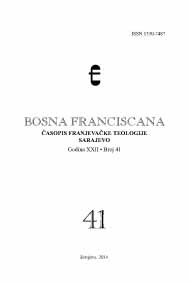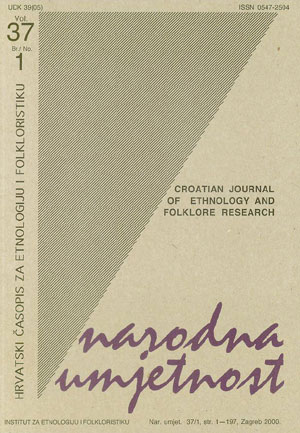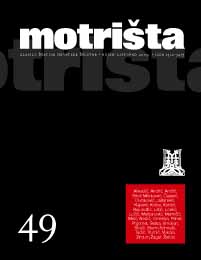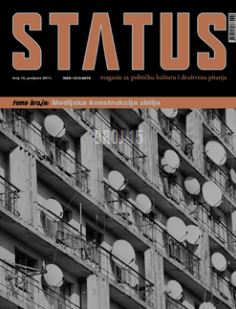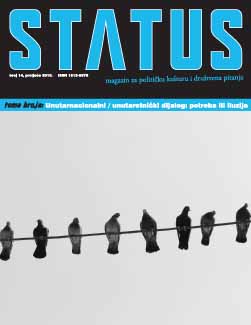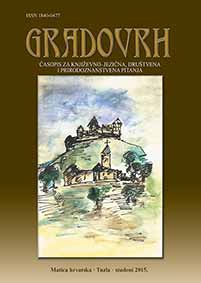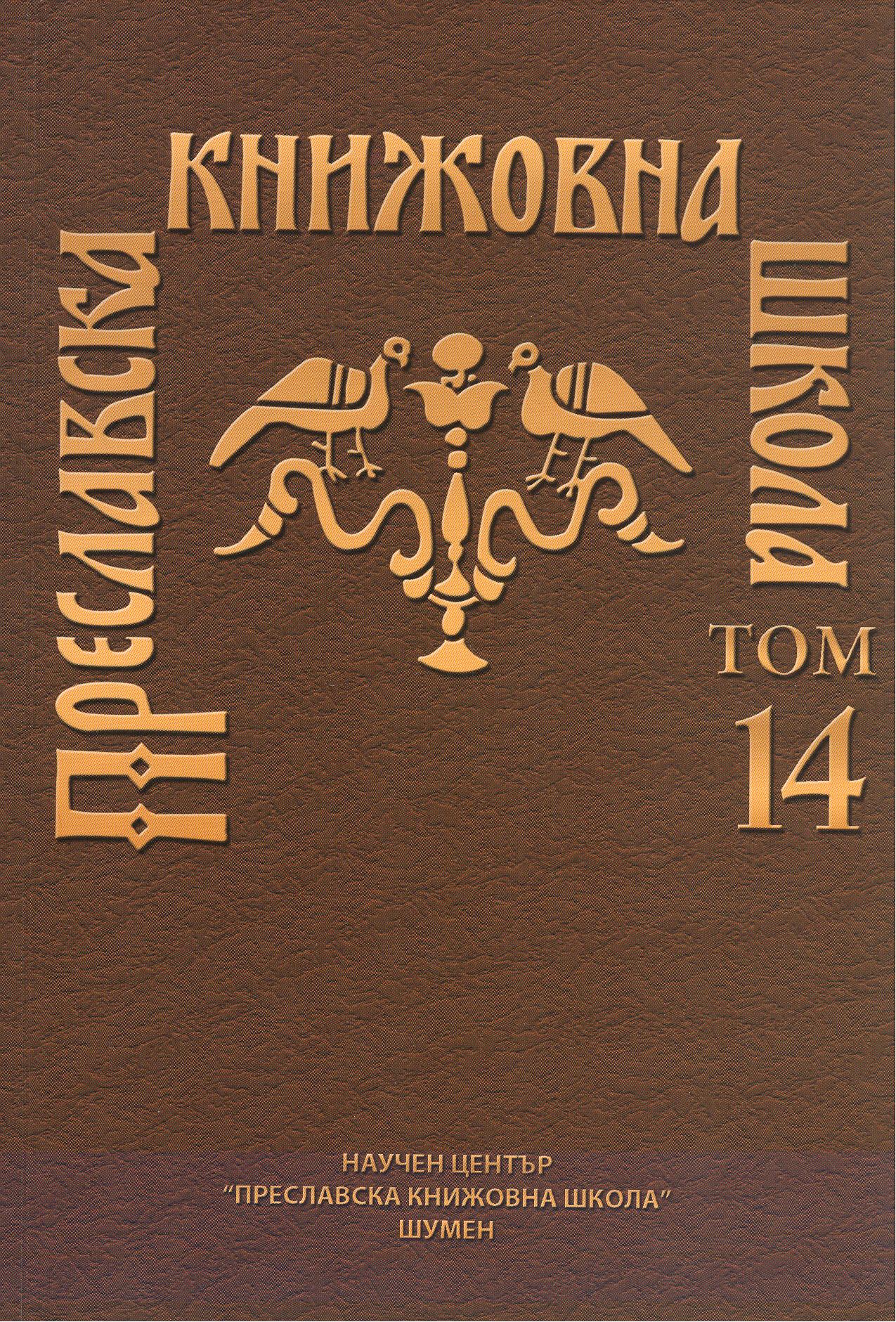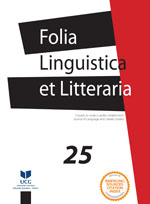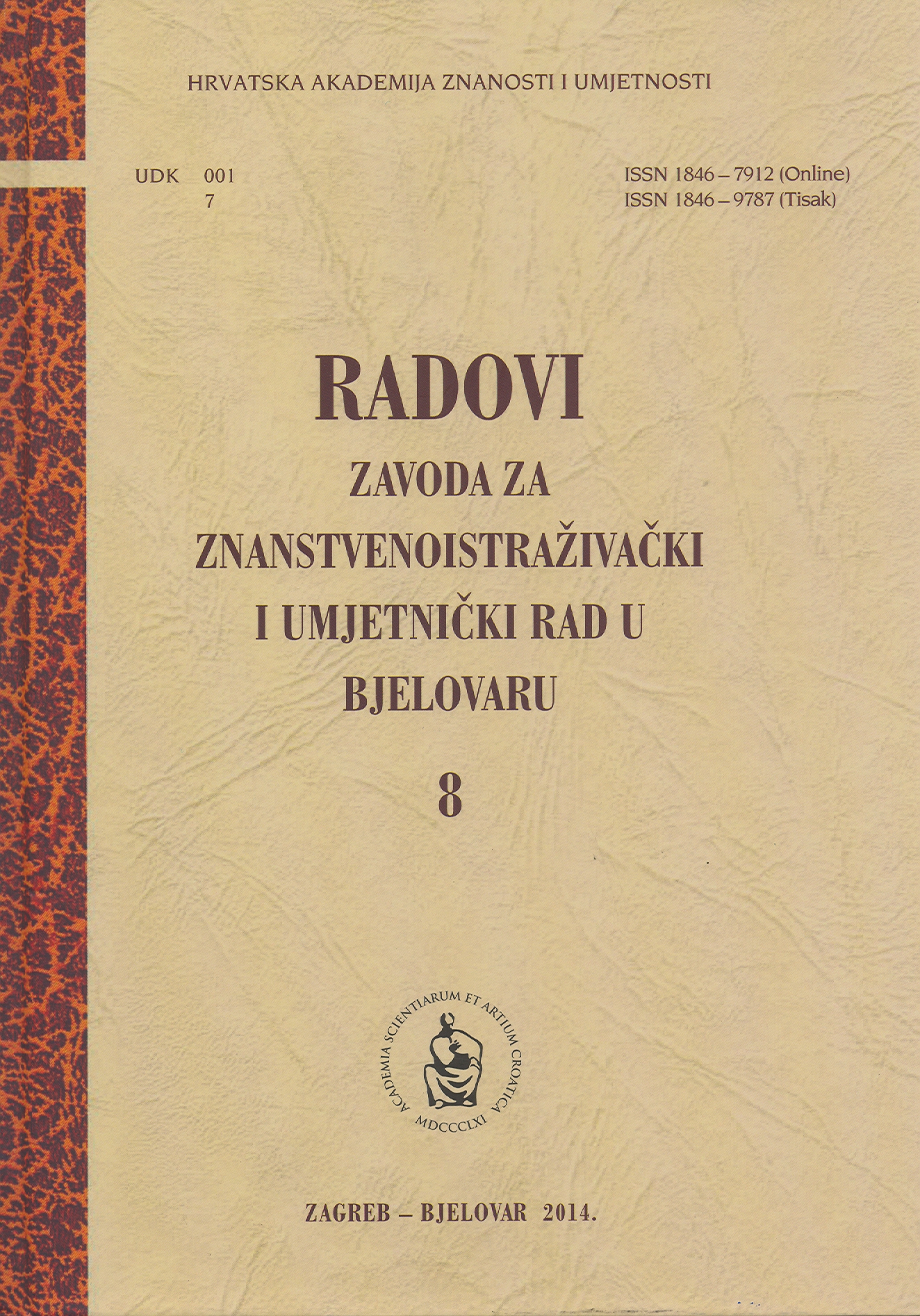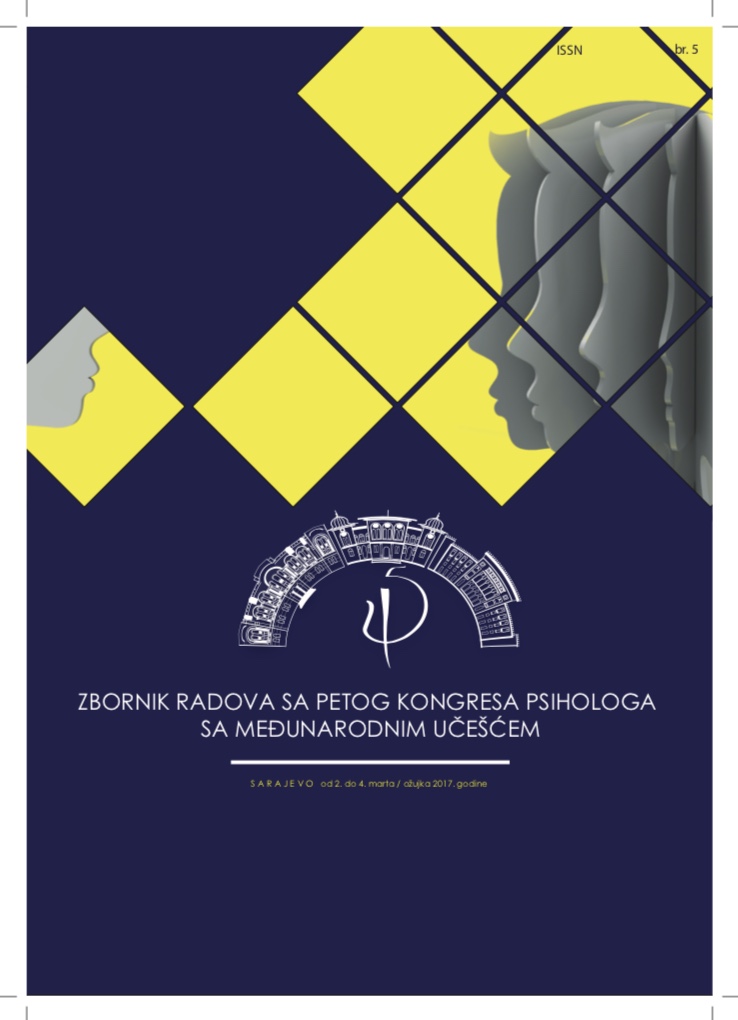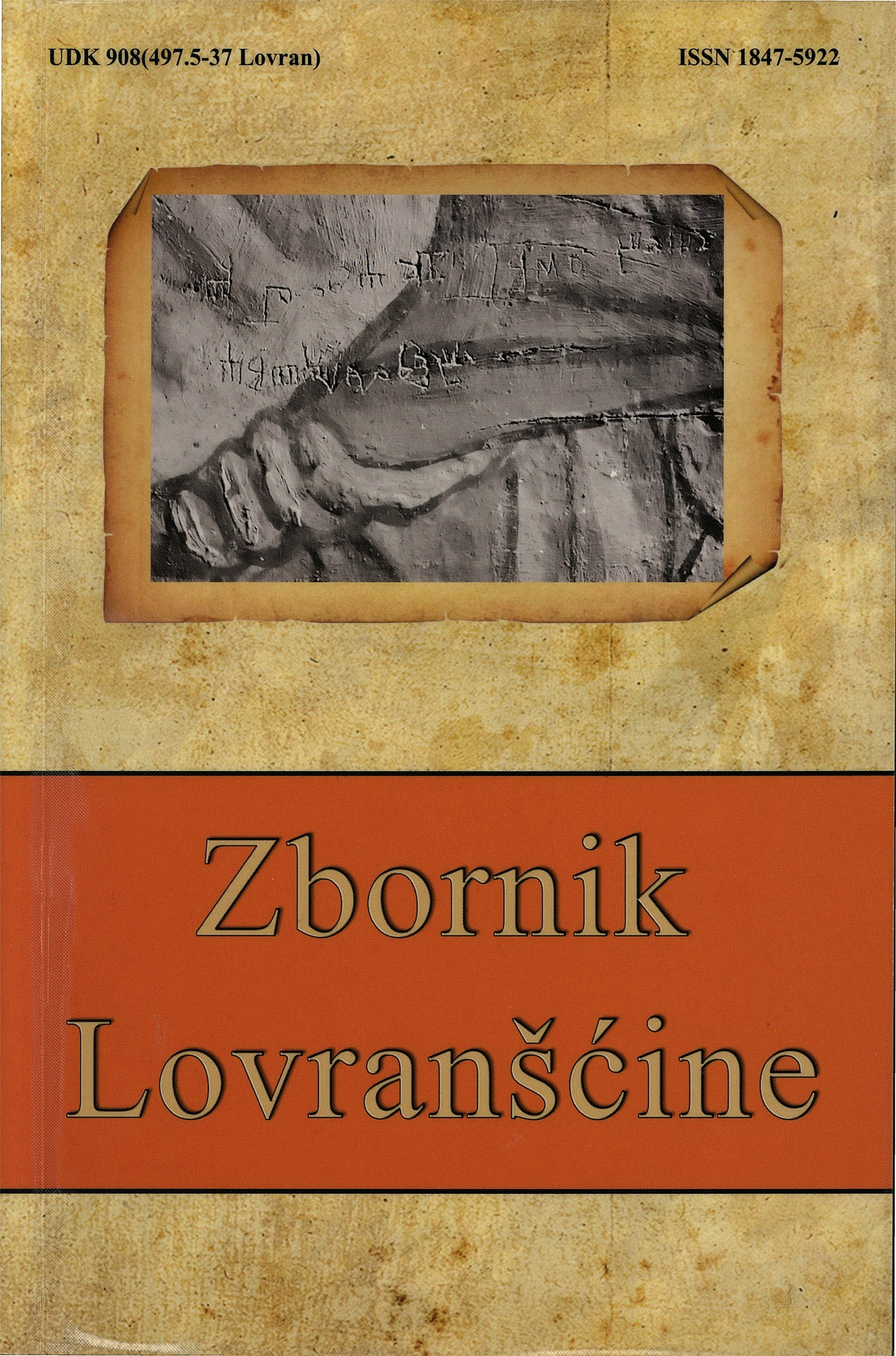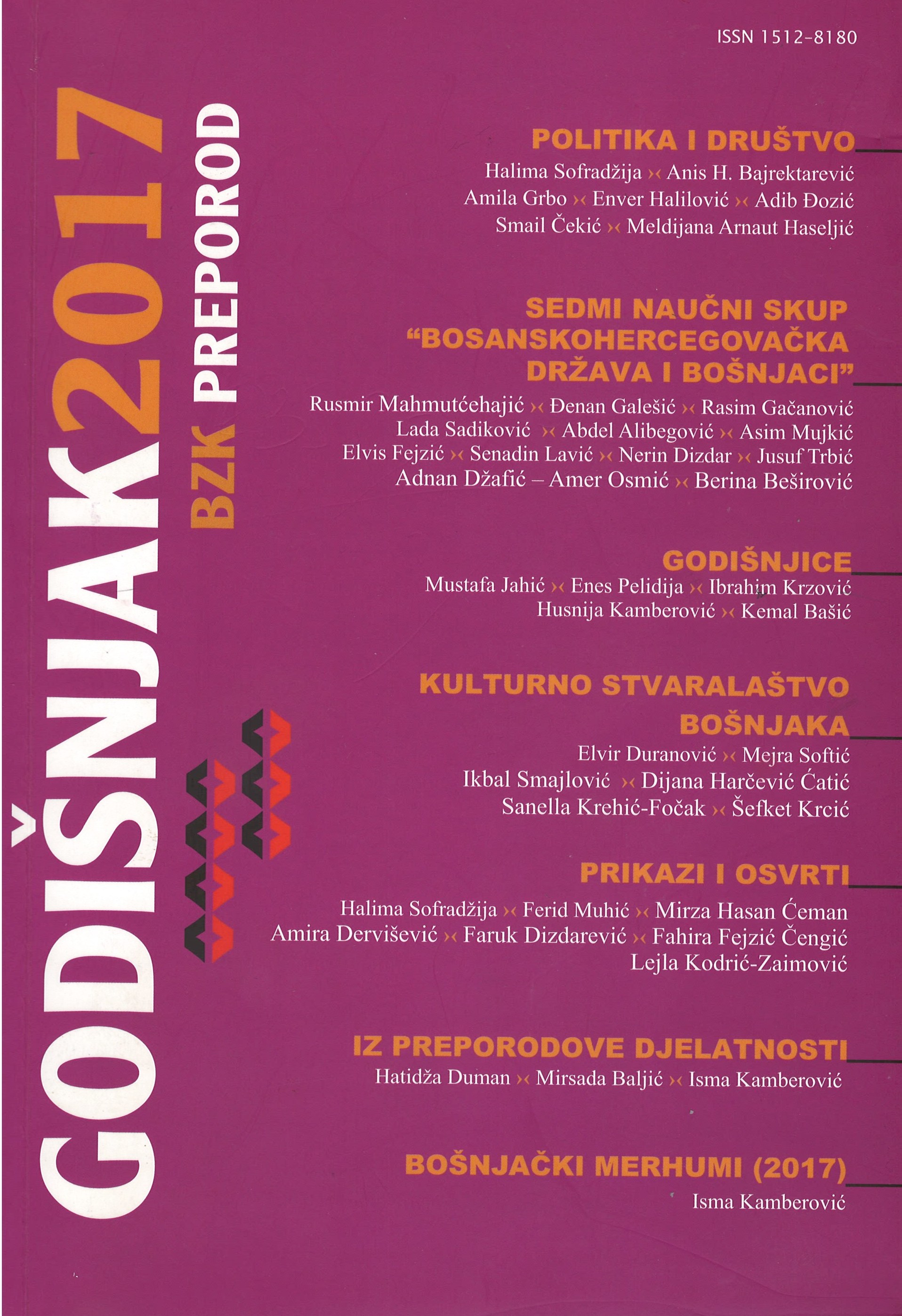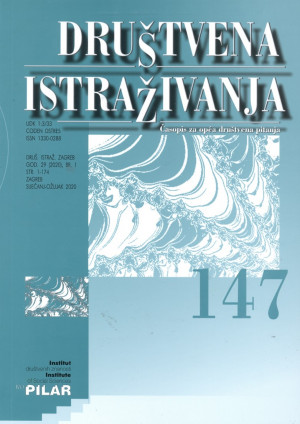(Re)constructing Balkan Identities through Popular Music
(Re)konstrukcija balkanskih identiteta kroz popularnu glazbu
Keywords: Balkan; identity; geography of music; balkanization; turbo-folk
The paper deals with the reproduction of stereotypes about the Balkans in the popular music of ex-Yugoslavia. During the last two decades, over a hundred songs in the Serbian and Croatian languages have been released, specifically mentioning the term Balkan and using it as a metaphor – to evoke and explain the atmosphere of war, poverty, conflict and passion, beauty, love and pride. Based on the analysis of these texts and the frequency of appearance of the themes and motifs, four distinct discourses can be identified: 1. the Balkans as an area of wars and conflicts, 2. the Balkans as an area of joy, passion and fatalism, 3. the primitive and aggressive “male” Balkans vs. the beautiful, proud and resistant “female” Balkans, and 4. the Balkans as Europe’s “Other”. The results show that, despite the inherent fluidity and the unclearness of the very definition of the Balkans and its spatial coverage (and therefore the possibility of distancing oneself from it), mostly negative stereotypes about the Balkans are being reproduced. They are not questioned in that process, but accepted and affirmed as a part of one’s own identity.
More...
